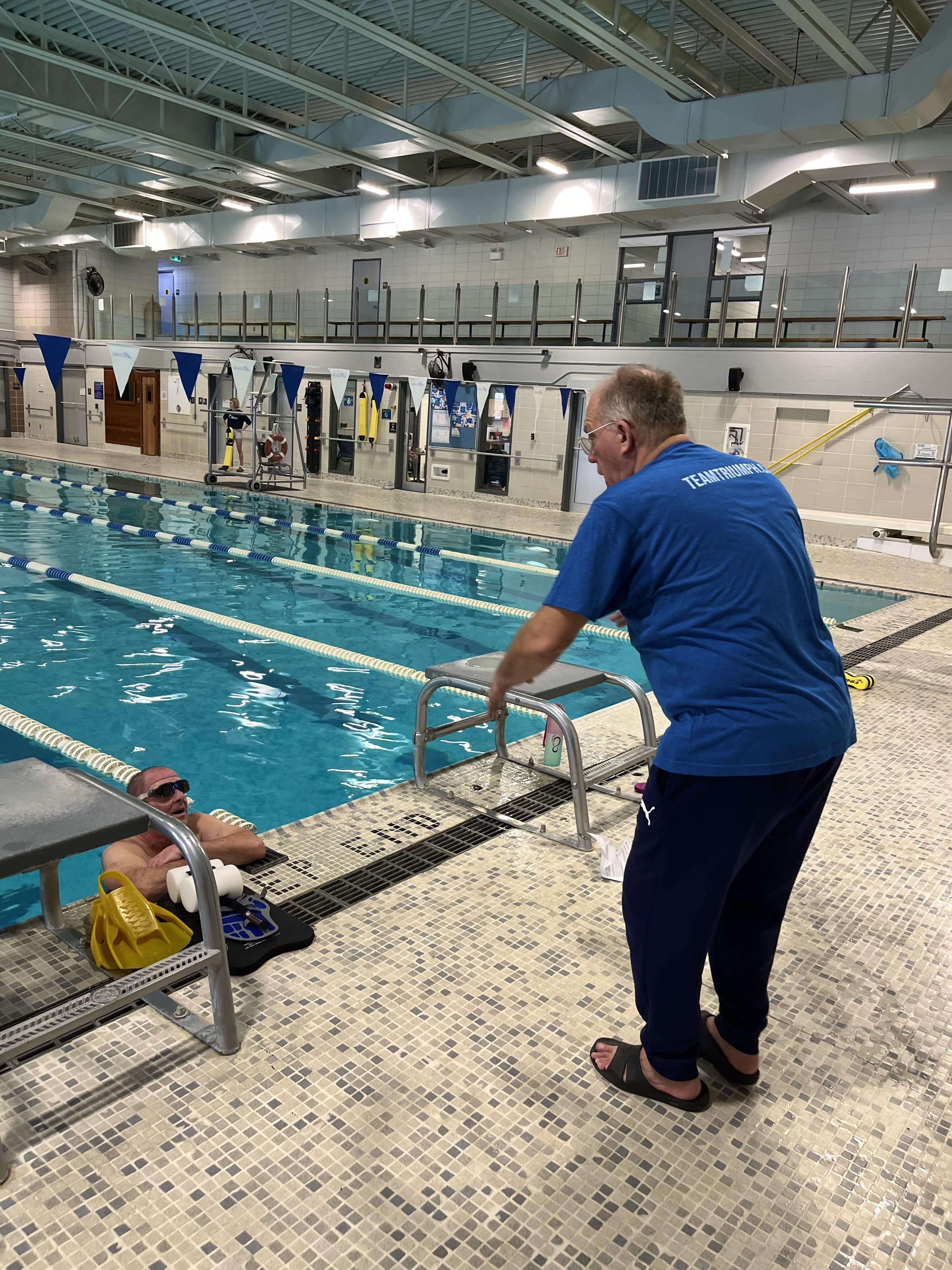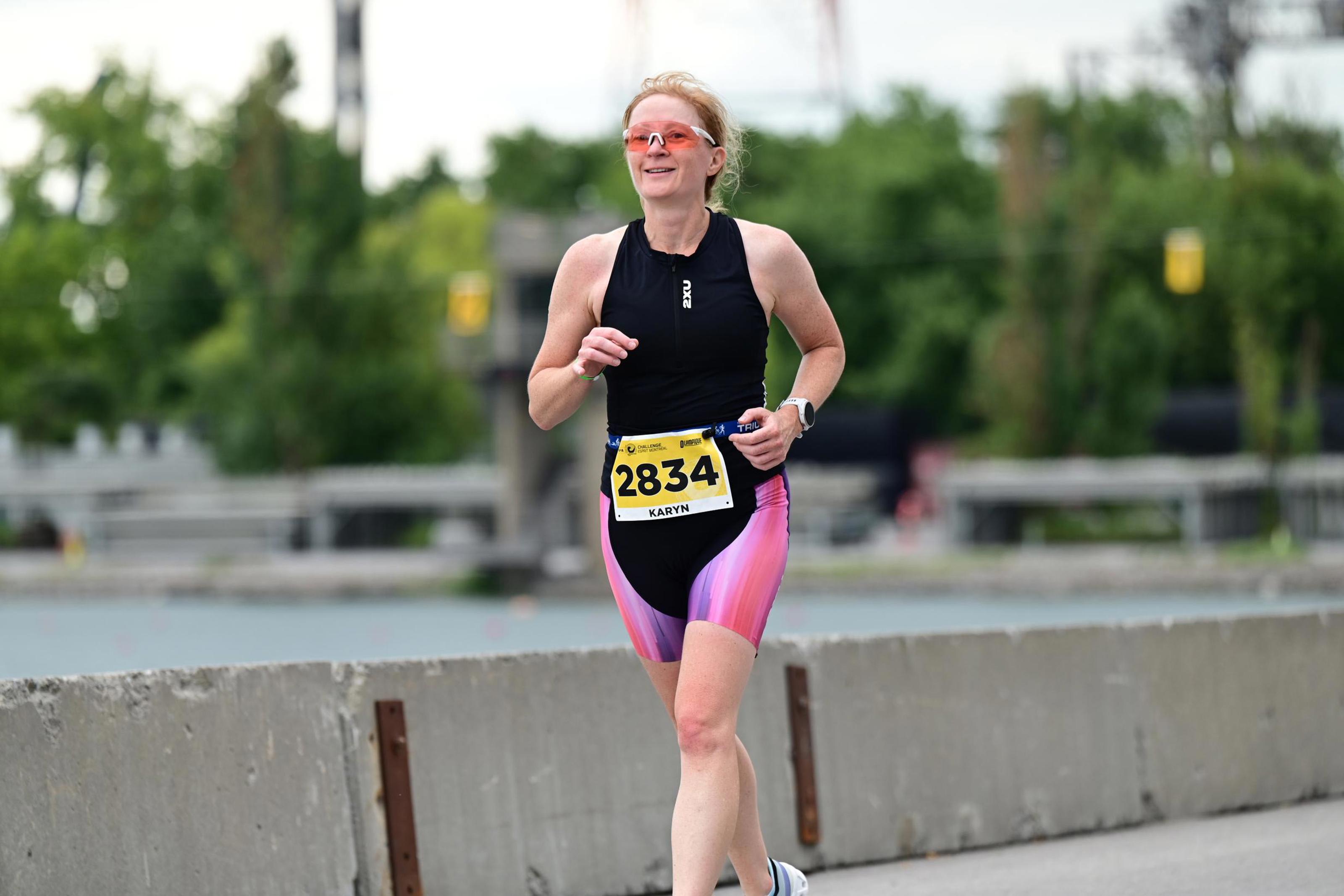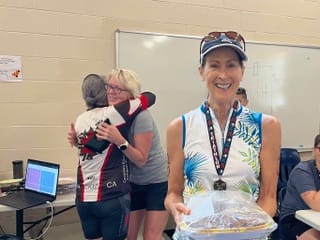
As athletes, we are always searching for the next best thing to make us faster, and stronger and gain a competitive edge. It’s easy to jump on a trend especially when social media feeds us with information every day. As an exercise physiologist and endurance coach, it is my job to approach the information with a scientific, skeptical brain and not only dive deeper into the research behind the findings but also keep up with the speed of the research.
After attending the Canadian Society for Exercise Physiologists symposium and reading Dr. Stacy Sims' recent blogs, I have been questioning more than ever before the concept of spending 80% of your training in the Z2 aerobic zone and 20% in higher zones. While this concept may work for young competitive athletes as researched by Dr Stephen Seiler or for male Norwegian triathletes, does it work for everyone?
As Dr Sims points out in her recent blogs, for women, 80% of the time in Z2 may not be the end all be all it has been advertised to be. Women need more high intensity to increase strength and power. https://www.drstacysims.com/blog/what-women-need-to-know-about-zone-2-training and https://www.drstacysims.com/blog/what-women-need-to-do-instead-of-zone-2
We also need to question older adults in this 80:20 ratio. Athletes who have been doing endurance sports most of their lives have a big Z2 endurance tank that they have built up over the years. What they are losing rapidly is strength and power due to sarcopenia (muscle wasting). We just can’t assume that the one-size-fits-all 80:20 approach works for everyone.
With a 30-something athlete who may have been doing cross-country skiing from a young age, their Z2 can be strong with a nice low heart rate but they may have more difficulty holding a high intensity for more than 5 mins as may occur in an FTP test. It’s all about the history of the individual athlete.
The challenge with high intensity happens when it comes to running. For many athletes, especially women who are more prone to joint injury, as soon as they increase the intensity of workouts, injuries can start to occur. Is the answer for triathletes to do more of their high-intensity workouts on the bike and in the pool combined with strength training knowing that it may not help them as much on the run? Maybe. As with all coaching tactics, it comes down to the individual athlete.
What I have observed anecdotally from our athletes in what I call our Zwift lab is that while FTP scores can increase with Z2 workouts over time, many athletes still need a constant flow of high intensity in the form of Zones 3/4/5a and not for just short 1-3 minute bursts.
Once we start doing too much intensity though, the ratio can get tipped too far and the result is constant fatigue. Some adults don’t recover as quickly so it’s even more important to use nutrition, take adequate rest, and do functional strength and mobility exercises.
The concept of rest when you need it comes back to my recent blog on Recovery on Demand. https://pbest.ca/blog/145625/RECOVERY-ON-DEMAND-WHAT-IS-IT-DO-YOU-USE-IT- Your body knows best when you need to rest and if you want to hit the workouts hard, your body will train more efficiently when rested instead of with accumulated fatigue.
While it is great to have guidelines to follow from research, I think that there is so much more that we don’t know about sex differences in training at different ages and stages of life. I look forward to what’s to come!
If you’re looking for some advice or coaching for your own personal program, feel free to get in touch.
Julia Aimers
Clinical Exercise Physiologist
High Performance Specialist
Head Coach/ Founder
Team Triumph Triathlon Club

I would highly recommended Eric and Team Triumph!
Ian Ross

A year ago I could only tread water and had not run since childhood. With the amazing Virtual Olympic course, support, guidance, and tips from of all the folks at Team Triumph I've ended the season with my first Olympic distance triathlon under my belt and am hooked! Really looking forward to the 2025 season and even to the hard work over the winter to prepare. Karen Houle

I wanted to let you know that the Perth triathlon was a great experience, I somehow placed third in my age group! What a supportive group of participants (including Team Triumph athletes), cheering bystanders and volunteers.
Thanks to your swim lessons, I learned the technical basics and gained confidence to get back in the pool after decades. And it was really special doing this with Ann Laidlaw, my bestie for many years. We did a couple of additional swims with Kevin and Team Triumph people, also a great way to continue learning and practicing good technical form.
I will continue with lane swimming and who knows, maybe there's another triathlon in my future!